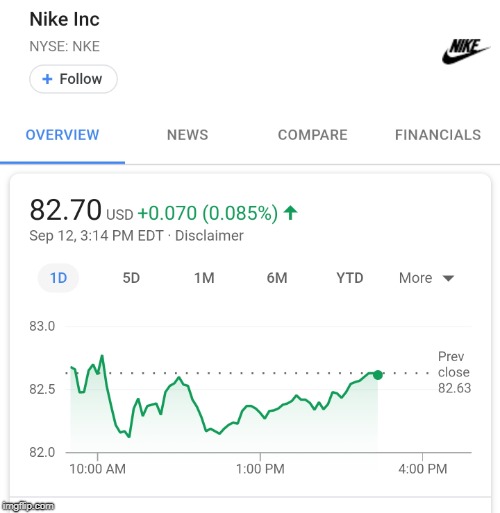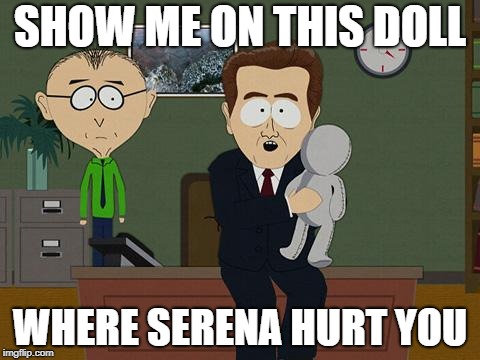- We invented the internet. Millions of jobs and life improvements for nearly every single person on the planet
Initial concepts of
wide area networking originated in several computer science laboratories in the
United States, United Kingdom, and France.
- We build the freaking Panama Canal
We finished it. France started is and created the plans which we acquired.
- We built/created nuclear power, lightning rod, cotton gin, steamboats, electric lights
In 1932 physicist
Ernest Rutherford discovered that when lithium atoms were "split" by protons from a proton accelerator, immense amounts of energy were released in accordance with the principle of
mass–energy equivalence. However, he and other nuclear physics pioneers
Niels Bohr and
Albert Einstein believed harnessing the power of the atom for practical purposes anytime in the near future was unlikely, with Rutherford labeling such expectations "moonshine."
[8]
The same year, his doctoral student
James Chadwick discovered the
neutron,
[9] which was immediately recognized as a potential tool for nuclear experimentation because of its lack of an electric charge. Experimentation with bombardment of materials with neutrons led
Frédéric and
Irène Joliot-Curie to discover
induced radioactivity in 1934, which allowed the creation of radium-like elements at much less the price of natural radium.
[10] Further work by
Enrico Fermi in the 1930s focused on using
slow neutrons to increase the effectiveness of induced radioactivity. Experiments bombarding uranium with neutrons led Fermi to believe he had created a new, transuranic element, which was dubbed
hesperium.
[11]
In 1938, German chemists
Otto Hahn[12] and
Fritz Strassmann, along with Austrian physicist
Lise Meitner[13] and Meitner's nephew,
Otto Robert Frisch,
[14] conducted experiments with the products of neutron-bombarded uranium, as a means of further investigating Fermi's claims. They determined that the relatively tiny neutron split the nucleus of the massive uranium atoms into two roughly equal pieces, contradicting Fermi.
[11] This was an extremely surprising result: all other forms of
nuclear decay involved only small changes to the mass of the nucleus, whereas this process—dubbed "fission" as a
reference to biology—involved a complete rupture of the nucleus. Numerous scientists, including
Leó Szilárd, who was one of the first, recognized that if fission reactions released additional neutrons, a self-sustaining
nuclear chain reaction could result. Once this was experimentally confirmed and announced by Frédéric Joliot-Curie in 1939, scientists in many countries (including the United States, the United Kingdom, France, Germany, and the Soviet Union) petitioned their governments for support of nuclear fission research, just on the cusp of World War II, for the development of a
nuclear weapon.
[15]
First nuclear reactor
In the United States, where Fermi and Szilárd had both emigrated, the discovery of the nuclear chain reaction led to the creation of the first man-made reactor, known as
Chicago Pile-1, which achieved
criticality on December 2, 1942. This work became part of the
Manhattan Project, a massive secret U.S. government military project to make
enriched uranium and by building large production reactors to produce (
breed)
plutonium for use in the first nuclear weapons. The United States would test an atom bomb in July 1945 with the
Trinity test, and eventually two such weapons were used in the
atomic bombings of Hiroshima and Nagasaki.
Humphry Davy developed the first
incandescent light in 1802, followed by the first practical electric
arc light in 1806.
The Wright Brothers are famous for flying the world's first successful airplane in 1903 - yet they may have been beaten to the record two years earlier, according to a prestigious aviation journal.
Jane's All The World's Aircraft claims in its 100th anniversary edition that German aviation pioneer Gustav Weisskopf was actually the first man to successfully build and fly his 'Condor' plane in August 1901.
- How many jobs/changed lives have US companies improved across the world? Apple, Amazon, Facebook, Coke, Budweiser, the list is pages long. Global jobs, improvement of lives, etc.
Apple uses child labor and sweat shops? How is that good or changing lives? Can you provide any evidence of how these company change lives across the world? What about all the jobs those companies outsource to other nations for cheaper labor? How about all the companies that negatively impact world wide?
- Freedom of Speech and Freedom of Expression, Freedom of Press, Freedom of Worship
Lot's of countries have these and many more freedoms. 180 Democracies exist in the world, and most have similar freedoms. We weren't the first country with freedoms.
- Melting pot, open-ness to immigration - like no other country
Really? How so?
Music makes a country great now?
- Literature achievements - Poe, Twain, Dickinson, Hemmingway, etc
Many countries have far more literary achievements than the US. We are aren't even current top 5 in literacy rates for God's sake.
Women did not even have the federal right to vote until 1920, and they still fight for control of their own bodies to this day. 11 countries allowed women to vote before the US and several had women serving in government before the US allowed women to vote. it's 2018 and we have yet to had a woman as President of VP. We've only had 1 ever win the nomination of a major party. Women make 79.6 cents on avg to every man in 2018. So tell us again about the feminist movement in America.
The US's accomplishments dwarf any other country's - despite being relatively young. Since 1776, our resume stands out against any other country's accomplishments. The fact that some of you liberals don't recognize American exceptionalism is offensive.







